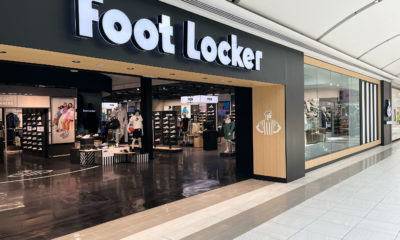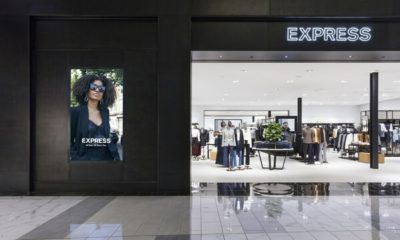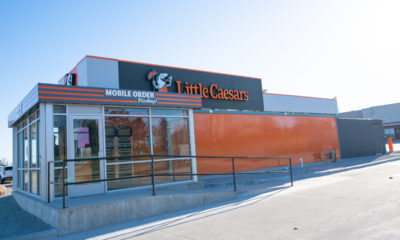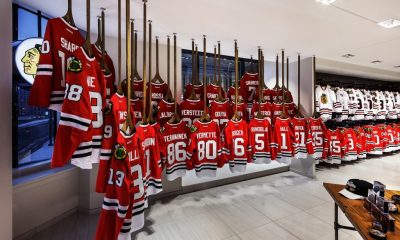I recently was asked to cast a vote for a Retailing Hall of Fame.
It made me ponder who the truly great, pure owner/retailers are. Some contemporary names came to mind: Les Wexner, Gordon Segal, Phil Knight, Lenny Riggio. Pioneers from the distant past: Marshall Field, Richard Sears, Benjamin Altman, John Wanamaker, Frank W. Woolworth, James Cash Penney. And still others from the more-recent past: Bernie Marcus, Chuck Williams, Sam Walton, Dave Thomas — and, of course, Stanley Marcus.
Mr. Stanley was the embodiment of what Neiman Marcus is all about: fashion, elegance, quality, sincerity and an unwavering devotion to customer service. His words of wisdom are still guideposts for the company. His love of art and his world-class collection are the standards of beauty and style that drive the retailer's store design efforts.
Stanley Marcus was top of mind one morning this spring with news out of Dallas that Neiman Marcus would be sold for $5 billion. And the buyers will probably never qualify for any retailing hall of fame. Texas Pacific Group owns J. Crew, Petco and Burger King. Warburg Pincus owns money.
And that's not the only recent example. ShopKo announced in April that it would be sold to Goldner Hawn Johnson & Morrison, a private equity investment firm. KB Toys announced in May it would emerge from bankruptcy with the assistance of Prentice Capital Management. Brookstone signed an agreement to be acquired by an international consortium, including JW Childs Associates, a private equity firm, and Temasek Holdings Ltd., a Singapore-based investment company. In March, the troubled Toys “R” Us announced an agreement to sell the entire company for $6.6 billion to an investment consortium consisting of Kohlberg Kravis Roberts & Co., Bain Capital and Vornado Realty Trust.
Advertisement
Earlier that month, directors of the equally troubled Circuit City voted to refuse a $3.25 billion acquisition bid by Highfields Capital Management LP, a Boston-based hedge fund.
Goldner Hawn. Prentice Capital. KKR. Temasek Holdings. The names do not exactly shout out merchant expertise. What they do shout out, of course, is plenty of capital management experience, which in this troubled era seems to be what retail organizations are looking for. As Willie Sutton said, “It's where the money is.” (Don't know the name Willie Sutton? Go ask your parents.)
But capital management doesn't know the merchandise, design the stores, create the shopping environments, understand customers' needs.
It would be nice to think it will be business as usual at Neiman's and Brookstone. The acquiring companies always say they'll keep things as they found them. They seldom do.
Marshall Field, F.W. Woolworth and Richard Sears didn't live to see their brainchilds buffeted by the storms of financial insecurity. (Woolworth's is gone. Sears is merging with Kmart. Field's is now entering its fifth parent switch in 25 years.) Stanley Marcus didn't live to see his progeny sold, either.
One would hope that with the sensitive guidance of Burt Tansky and his team, Neiman's will continue to flourish under the ownership of people who sell dog collars, hamburgers and stock options. One would hope The Christmas Book this year doesn't contain “Revenge of the Sith” drink cups. Mr. Stanley would not be amused.
Advertisement

 Headlines1 week ago
Headlines1 week ago
 Headlines1 week ago
Headlines1 week ago
 Headlines1 week ago
Headlines1 week ago
 Designer Dozen2 weeks ago
Designer Dozen2 weeks ago
 Headlines5 days ago
Headlines5 days ago
 Headlines2 weeks ago
Headlines2 weeks ago
 Designer Dozen6 days ago
Designer Dozen6 days ago














